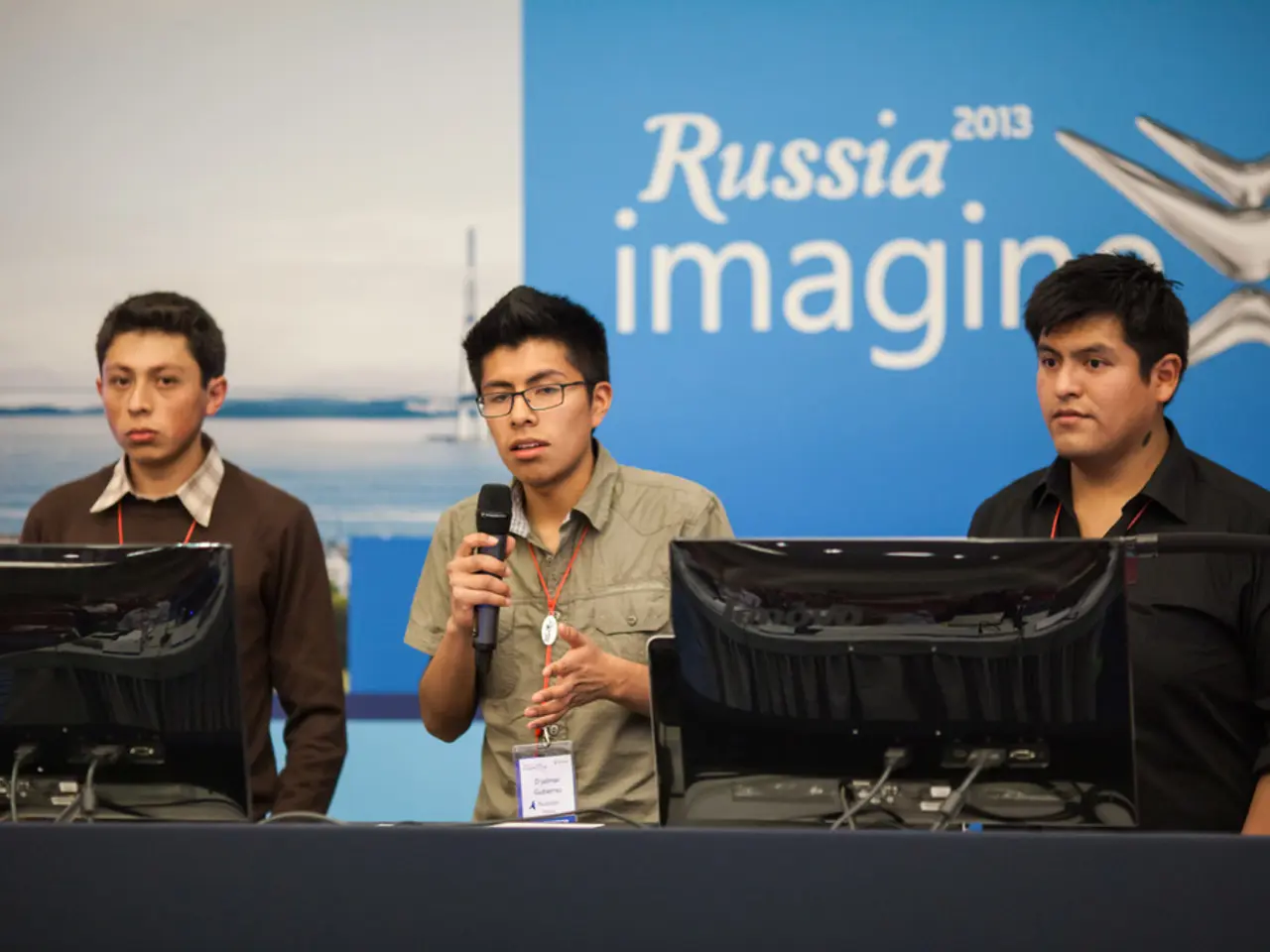Strategies for Improving Education in the Virtual World, or Metaverse
The metaverse, a collective virtual shared space, is rapidly transforming various sectors, and education is no exception. This digital realm offers a new frontier for learning, promising immersive, personalized, and engaging experiences that could revolutionize the way we educate.
One notable example of education in the metaverse is the Mars Base Project, an initiative providing immersive and engaging learning experiences. Skilled teachers can leverage powerful analytics tools in this virtual environment to measure student performance and progress over time, offering a more personalized learning experience.
The metaverse's potential extends beyond traditional classrooms. It can provide access to educational materials and resources that may not be available in a physical setting. Entire science laboratories can be constructed in the metaverse, reducing costs associated with purchasing materials or renting physical labs.
Moreover, the metaverse can incorporate gamification elements into learning, making education more engaging and fun for learners. Curriculum development in the metaverse should include interactive elements such as quizzes, polls, or simulations to keep students engaged and motivated.
Artificial intelligence (AI) can be used in the metaverse to personalize the learning experience for each student. Adaptive learning algorithms can assess student performance and provide tailored instruction based on individual needs. This customization supports diverse learning styles and helps students feel more supported.
The metaverse can also provide a platform for collaborative learning among students in real time. Virtual reality (VR) technology can be used to create immersive virtual environments for learning, allowing learners to interact with one another, fostering collaboration between students.
However, the metaverse is not without its challenges. Currently, there are no established standards for quality control or safety in Metaverse-based education. Developing the necessary infrastructure for Metaverse-based education can be very costly. Moreover, some learners may not have access to the internet or the technology required for Metaverse learning.
To ensure equity, safety, and inclusion, it is crucial to design metaverse educational environments in partnership with educators and scientists. They should support real human social interaction, respect children’s agency, and ensure diverse representation and accessible learning opportunities for all students.
Virtual performance monitoring provides objective data to guide skill development and personalized learning pathways. Blockchain technology can securely store digital credentials, creating verifiable records of learning achievements.
By integrating these best practices, educators can harness the metaverse’s full potential to create rich, adaptive, and engaging educational experiences that prepare students for a digital-first future while maintaining essential human elements of learning and interaction.
However, it is important to note that prolonged virtual environment remote learning sessions can lead to mental and physical fatigue. Augmented reality (AR) can be used in the metaverse to enhance educational content with overlays and visuals, but it should be used judiciously to avoid overwhelming students.
As the metaverse continues to evolve, it presents exciting opportunities for education. By leveraging its unique capabilities, we can create immersive, personalized, and engaging learning experiences that go beyond traditional methods, fostering a new generation of lifelong learners ready to thrive in the digital age.
In the metaverse, gamification elements can make education more enjoyable and effective, merging quizzes, polls, and simulations into the learning process to keep students engaged and motivated. Additionally, technology such as artificial intelligence can be utilized to personalize learning experiences, helping learners by adapting instruction based on individual needs, fostering an inclusive and engaging lifestyle of self-development.




